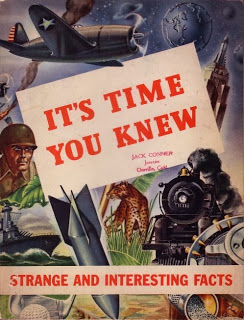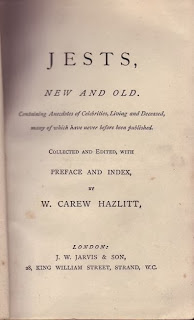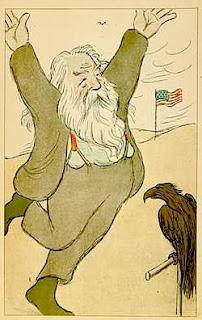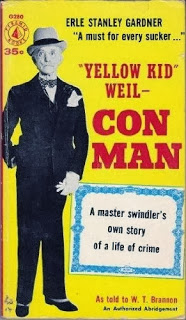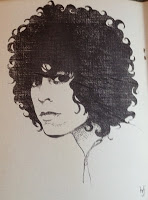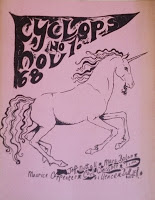From Gone Abroad (London 1925) by the somewhat forgotten travel writer Douglas Goldring. The chapter 'In Liguria' has much on the beach resort of Alassio at the time much favoured by the English. However according to Goldring they tended to leave at the beginning of June when the heat was becoming too much, to be replaced by native Italian tourists. Goldrings notes on fashion are interesting, portraying a lost world of men and women walking around the town in coloured pyjamas and screaming Italian bathers with exotic swan shaped rubber rings:
Then follow the two months of its "grand season," when prices are nearly doubled and the town makes more money than during the whole half-year of the English occupation. On July 1st, from Milano and Torino, comes the first train-load of holiday-makers, and from then onwards till the end of August the town is gradually packed to suffocation with Italian business people and their wives and families. The transformation is amazing. As if by magic the sands become covered with bathing-tents and thronged with bathers, from Santa Croce almost to Laigueglia. The sea is studded with little white-sailed yachts, canoes and motor-boats. Inside the town, caffés one had scarcely noted during the winter blossom out with bands and concerts and are filled with visitors eating gelati, spumoni and cassate, or drinking their "caffea espresso." The narrow Via Umberto Primo—nicknamed by the English "'the main drain "—swarms with young men in brilliantly coloured pyjamas. The shops are freshly stocked, and many of them display fantastically shaped bathing bladders of red india-rubber, some in the form of fishes, others fashioned like swans. And everywhere one sees pyjamas—purple pyjamas, blue pyjamas, pink pyjamas, striped pyjamas. So attached are the Italians to this form of costume that, despite the entreaties of the hotel-keepers, they often wear their pyjamas at dinner, and even dance in them afterwards. . .
To the traveller familiar with a French or English plage the bathing at Alassio, from the spectacular point of view, is depressing. Anyone expecting to find dark-eyed houris tripping about on the sands in brightly coloured maillots would be doomed to disappointment. To begin with, unlike her brothers, the middle-class girl of Northern Italy, in my experience, is rarely blessed with charm or comeliness. For ten Apollos, with bronzed skin and rippling muscles, you will not encounter more than one passably good-looking female. And whereas the men are allowed to bathe in comfort in short drawers, the girls are forced, by Italian prudishness, to clothe themselves in thick, voluminous and unbecoming garments of which the predominant colour is a dingy black. Their method of bathing is for a group of about a score to enter the sea together. They walk in up to their knees, form a circle, and bob up and down, uttering the while shrill screams of terrified delight. They can continue doing this for about two hours at a time.





